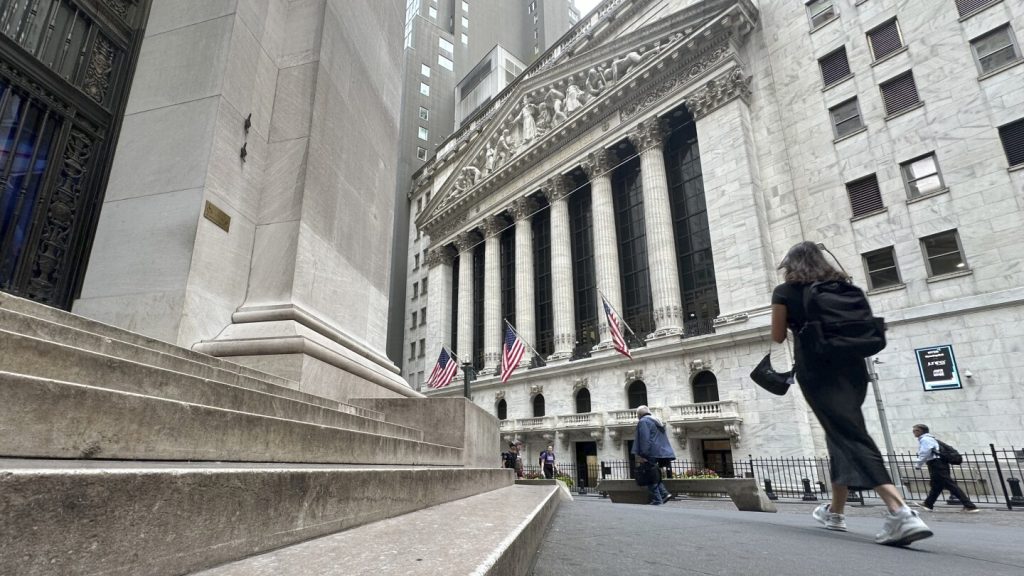U.S. stocks ended lower on Tuesday, breaking an eight-day winning streak, which was the longest of the year. The S&P 500 slipped 0.2%, but remains just 1.2% below its all-time high set last month. The Dow Jones Industrial Average fell 61 points, or 0.2%, while the Nasdaq composite slipped 0.3%. Nvidia, one of the most influential stocks on Wall Street, fell 2.1%, weighing on the market. Boeing also contributed to the market’s decline, dropping 4.2% due to safety concerns that have led to inspections of cockpit seats on Boeing 787 Dreamliners and the halting of test flights for a new version of its 777 jetliner.
Despite the overall market decline, cybersecurity company Palo Alto Networks jumped 7.2% after reporting stronger profit and revenue for the latest quarter that exceeded analysts’ expectations. Additionally, companies in the S&P 500 are expected to report their best growth in earnings per share since the end of 2021, according to FactSet. However, Lowe’s, the home improvement retailer, fell 1.2% after cutting its forecasts for revenue and profit for the fiscal year due to a challenging economic backdrop, particularly for homeowners.
Concerns over high interest rates have been weighing on the economy following sharp hikes by the Federal Reserve to control inflation. Treasury yields eased ahead of a speech by Federal Reserve Chair Jerome Powell, who is expected to address the economic symposium in Jackson Hole, Wyoming. Expectations are that the Fed will begin cutting interest rates next month. However, the biggest question remains whether the economy needs the Fed to simply remove the brakes or if it requires deeper and faster cuts. The recent rebound in U.S. stocks following a volatile period serves as a reminder of the risks associated with trying to time the market.
In stock markets abroad, Japan’s Nikkei 225 rebounded by 1.8% after experiencing sharp losses the previous day. Tokyo has been the center of significant market movements recently following a hike in interest rates by the Bank of Japan last month. This triggered losses for markets worldwide. However, reassurances from the Bank of Japan on interest rates, along with positive data on the U.S. economy, have helped calm the markets. The rebound in U.S. stocks serves as a reminder of the unpredictable nature of the market, with historical trends showing that the best and worst days are often bunched together during periods of economic downturns or market volatility.


